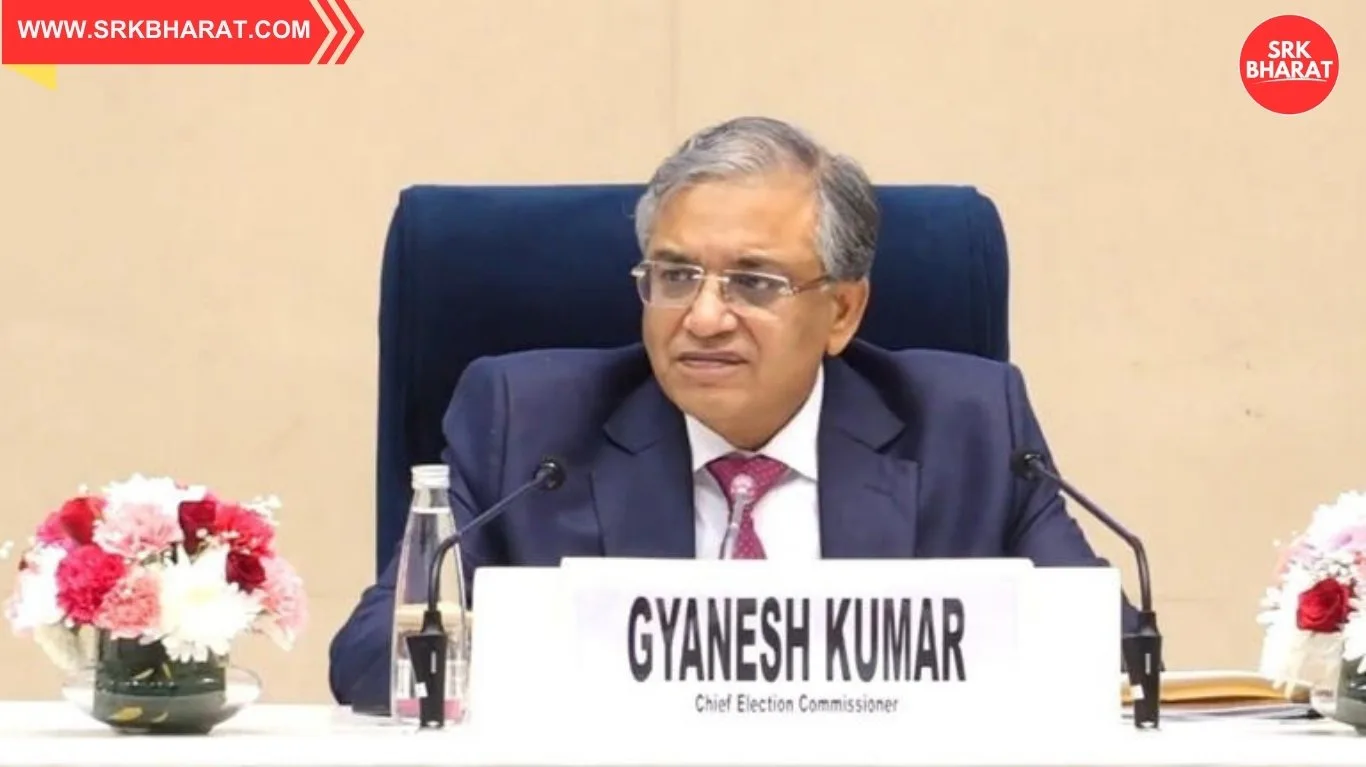The upcoming 8th Central Pay Commission (CPC) could bring long-awaited relief to lakhs of central government pensioners, with the panel reportedly considering a proposal to reduce the commuted pension deduction period from 15 years to 12 years. This move, if approved, would mark a significant shift in India’s pension policy and offer enhanced financial security to retirees grappling with rising living and healthcare costs.
📌 Key Highlights
| Parameter | Details |
|---|---|
| Proposal Under Review | Reduce commuted pension deduction period from 15 to 12 years |
| Current Rule | Pension restored after 15 years of monthly deductions |
| Proposed Change | Full pension restored after 12 years |
| Stakeholders Involved | National Council (JCM) – Staff Side, SCOVA, DoPPW |
| Status of 8th CPC | Announced January 2025; ToR and appointments pending |
| Expected Implementation | January 1, 2026 |
🧠 What Is Commuted Pension?
Commutation allows retiring government employees to receive a lump sum amount by surrendering a portion of their monthly pension. In return, the government deducts that portion from their pension for a fixed period—currently 15 years. After this period, the full pension is restored.
This system was introduced in 1986 under Rule 10A of the Central Civil Services (Commutation of Pension) Rules, 1981. However, with changing economic conditions, many argue that the 15-year deduction period is outdated and financially burdensome.
🔁 Commutation Deduction Period – Then vs Now
| Year Introduced | Deduction Period | Interest Rate Context | Life Expectancy | Pensioner Concerns |
|---|---|---|---|---|
| 1986 | 15 years | ~12% | Lower | Acceptable due to higher returns |
| 2025 (Proposed) | 12 years | ~6–7% | Higher | Rising costs, lower returns |
📉 Why Pensioners Want the Rule Changed
The demand to reduce the deduction period to 12 years has been a long-standing issue raised by employee unions and pensioner associations. Their key arguments include:
- Declining interest rates have skewed the government’s recovery calculations, leading to financial losses for retirees.
- Rising medical and living expenses make it harder for pensioners to manage with reduced monthly income.
- Improved life expectancy means retirees are living longer but with less financial cushion.
“The 15-year rule was framed in a different era. Today’s economic realities demand a more equitable approach,” said a representative from the National Council (JCM) – Staff Side.
🏛️ Government Response and SCOVA’s Role
The issue was formally raised during the 34th meeting of the Standing Committee of Voluntary Agencies (SCOVA) held on March 11, 2025, chaired by the Minister of State for Personnel. Officials from the Department of Pension and Pensioners’ Welfare (DoPPW) acknowledged the need to revisit the rule and agreed to forward the proposal for inclusion in the Terms of Reference (ToR) of the 8th Pay Commission.
📊 Potential Benefits of the 12-Year Rule
| Benefit | Impact on Pensioners |
|---|---|
| Early Restoration | Full pension resumes 3 years earlier |
| Financial Relief | Higher monthly income during critical post-retirement years |
| Equity and Fairness | Aligns with current economic and demographic realities |
| Policy Modernization | Updates a 38-year-old rule to reflect today’s needs |
🧩 What’s Next for the 8th Pay Commission?
The 8th CPC was announced on January 16, 2025, but the government has yet to appoint its chairperson or finalize its ToR. The commission is expected to become effective from January 1, 2026, following the end of the 7th CPC’s tenure on December 31, 2025.
The commutation rule revision is one of several key demands submitted by the National Council (JCM), alongside:
- Revision of Dearness Allowance (DA) formula
- Rationalization of House Rent Allowance (HRA)
- Review of pension parity for pre-2016 retirees
🧠 Expert Opinion
Policy analysts and actuaries have also weighed in, noting that the Commutation Table No. 2, last updated in 2006, is overdue for revision. The Institute of Actuaries of India has updated mortality tables in 2004, 2013, and 2021, but the pension commutation framework has not kept pace.
“A 12-year recovery period would not only be financially fair but also reflect the improved longevity and lower risk profile of today’s retirees,” said a senior actuary.











